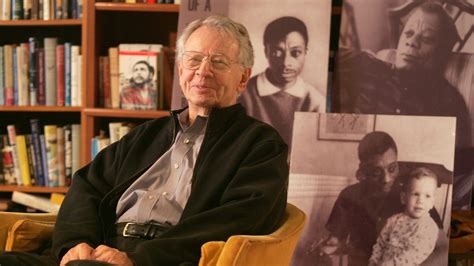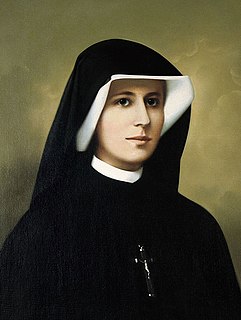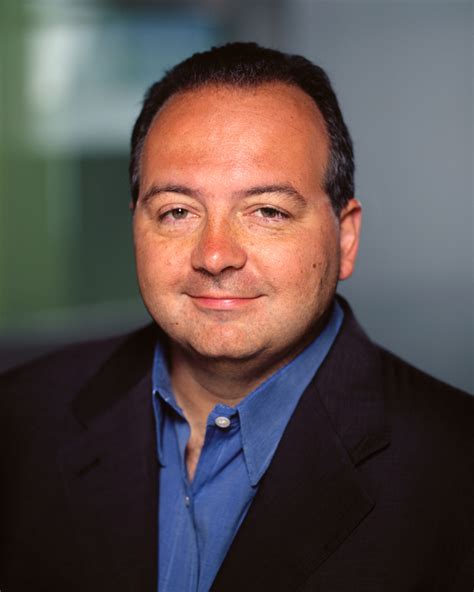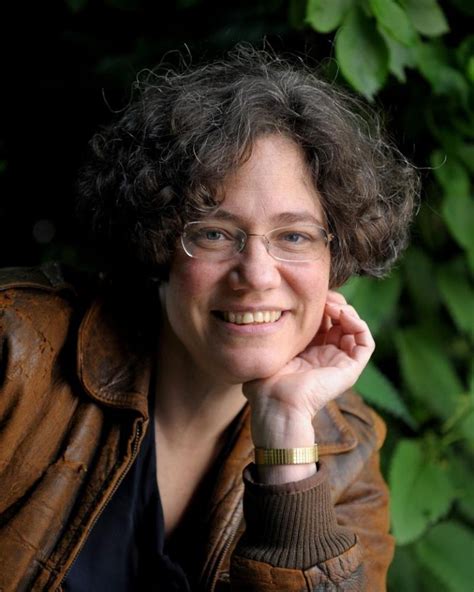A Quote by Jay Asher
It's up to the reader to decipher the code, or the words, based on everything they know about life and emotions.
Related Quotes
That’s what i love about poetry. The more abstract, the better. The stuff were your not sure what the poets talking about. You may have an idea, but you cant be sure. Not a hundred percent. Each word, specifically chosen, could have a million different meanings. Is it a stand-in ?a symbol for another idea? Does it fit into a larger, more hidden, metaphor? ...I hated poetry until someone showed me how to appreciate it. He told me to see poetry as a puzzle. Its up to the reader to decipher the code, or the words, based on everything they know about life and emotions.
There's a definite sense this morning on the part of the Kerry voters that perhaps this is code, 'moral values,' is code for something else. It's code for taking a different position about gays in America, an exclusionary position, a code about abortion, code about imposing Christianity over other faiths.
My daughter...why do you not tell me about everything that concerns you, even the smallest details? Tell Me about everything, and know that this will give Me great joy. I answered, But You know about everything, Lord." And Jesus replied to me, "Yes I do know; but you should not excuse yourself with the fact that I know, but with childlike simplicity talk to Me about everything, for my ears and heart are inclined towards you, and your words are dear to Me.
Simple DNA gradually morphed and evolved, so that you had the coming into being of ever more complex and diverse creatures, until one day you wake up and find there are peacocks and giraffes. Nature is an open-ended experiment based on morphing a DNA code, and ours is an open-ended experiment based on morphing a crochet code.
In my couple of books, including Going Clear, the book about Scientology, I thought it seemed appropriate at the end of the book to help the reader frame things. Because we've gone through the history, and there's likely conflictual feelings in the reader's mind. The reader may not agree with me, but I don't try to influence the reader's judgment. I know everybody who picks this book up already has a decided opinion. But my goal is to open the reader's mind a little bit to alternative narratives.
Learning how to code and program computers when I was a kid was one of the best choices I made growing up. By writing code, I learned how to bring my dreams to life, how to budget, and how to build stuff. Whatever path you choose in life - being an artist, an engineer, a lawyer, a teacher, or even a politician, you will give yourself a huge leg up if you learn how to code.
Whether we're fighting climate change or going to space, everything is moved forward by computers, and we don't have enough people who can code. Teaching young people to code early on can help build skills and confidence and energize the classroom with learning-by-doing opportunities. I learned how to fly a hot air balloon when I was 30,000 feet up and my life was in the balance: you can learn skills at any age but why wait when we can teach everyone to code now!




































